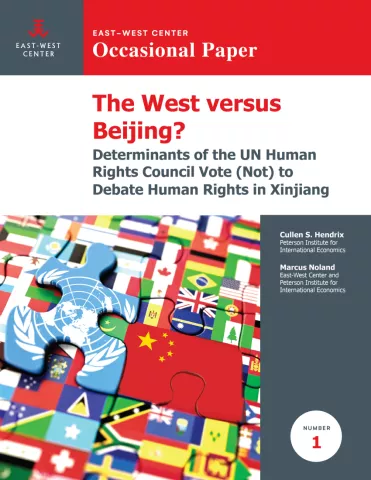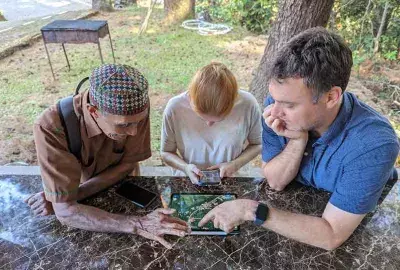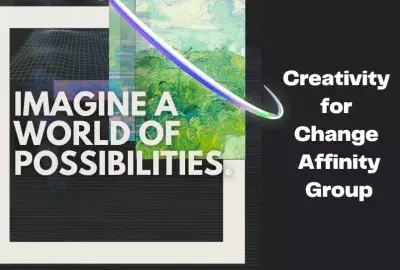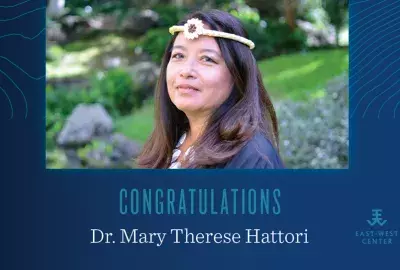

The East-West Center is proud to reintroduce the Occasional Paper series with a piece by distinguished researchers from the Peterson Institute of International Economics, Dr. Marcus Noland and Dr. Cullen S. Hendrix. This paper elucidates US-Sino competition and the mechanisms major powers use to build and mobilize coalitions through an in-depth analysis of the United Nations Human Rights Council (UNHRC) vote on debating human rights conditions in the Xinjiang Autonomous Region of China.
About the East-West Center (EWC) Occasional Paper
The EWC Occasional Paper series presents research findings on five broad themes: Indo-Pacific strategic competition and international relations; climate, energy, and environment; emerging technology and related diplomatic efforts; economic statecraft; and international organization and multilateral diplomacy. The maximum length for papers in this series is 7,500 words, excluding footnotes. Tables, charts, and graphics may be included in-text or in an appendix.
Occasional Papers explore salient topics related to the Indo-Pacific region through substantive analytical research that draws from and builds upon the findings from pertinent literature, interviews, and other relevant methodologies. The series aims to serve as a platform for EWC staff, Visiting Scholars, Visiting Fellows, RICE Fellows, Non-Resident Fellows, and Adjuncts to not only disseminate their ideas but also advance collaboration and exchange. Submissions by EWC partners and associates will be considered on a case-by-case basis. The Center anticipates publishing approximately 10-12 Ops annually.

The East-West Center is proud to reintroduce the Occasional Paper series with a piece by distinguished researchers from the Peterson Institute of International Economics, Dr. Marcus Noland and Dr. Cullen S. Hendrix. This paper elucidates US-Sino competition and the mechanisms major powers use to build and mobilize coalitions through an in-depth analysis of the United Nations Human Rights Council (UNHRC) vote on debating human rights conditions in the Xinjiang Autonomous Region of China.
About the East-West Center (EWC) Occasional Paper
The EWC Occasional Paper series presents research findings on five broad themes: Indo-Pacific strategic competition and international relations; climate, energy, and environment; emerging technology and related diplomatic efforts; economic statecraft; and international organization and multilateral diplomacy. The maximum length for papers in this series is 7,500 words, excluding footnotes. Tables, charts, and graphics may be included in-text or in an appendix.
Occasional Papers explore salient topics related to the Indo-Pacific region through substantive analytical research that draws from and builds upon the findings from pertinent literature, interviews, and other relevant methodologies. The series aims to serve as a platform for EWC staff, Visiting Scholars, Visiting Fellows, RICE Fellows, Non-Resident Fellows, and Adjuncts to not only disseminate their ideas but also advance collaboration and exchange. Submissions by EWC partners and associates will be considered on a case-by-case basis. The Center anticipates publishing approximately 10-12 Ops annually.







